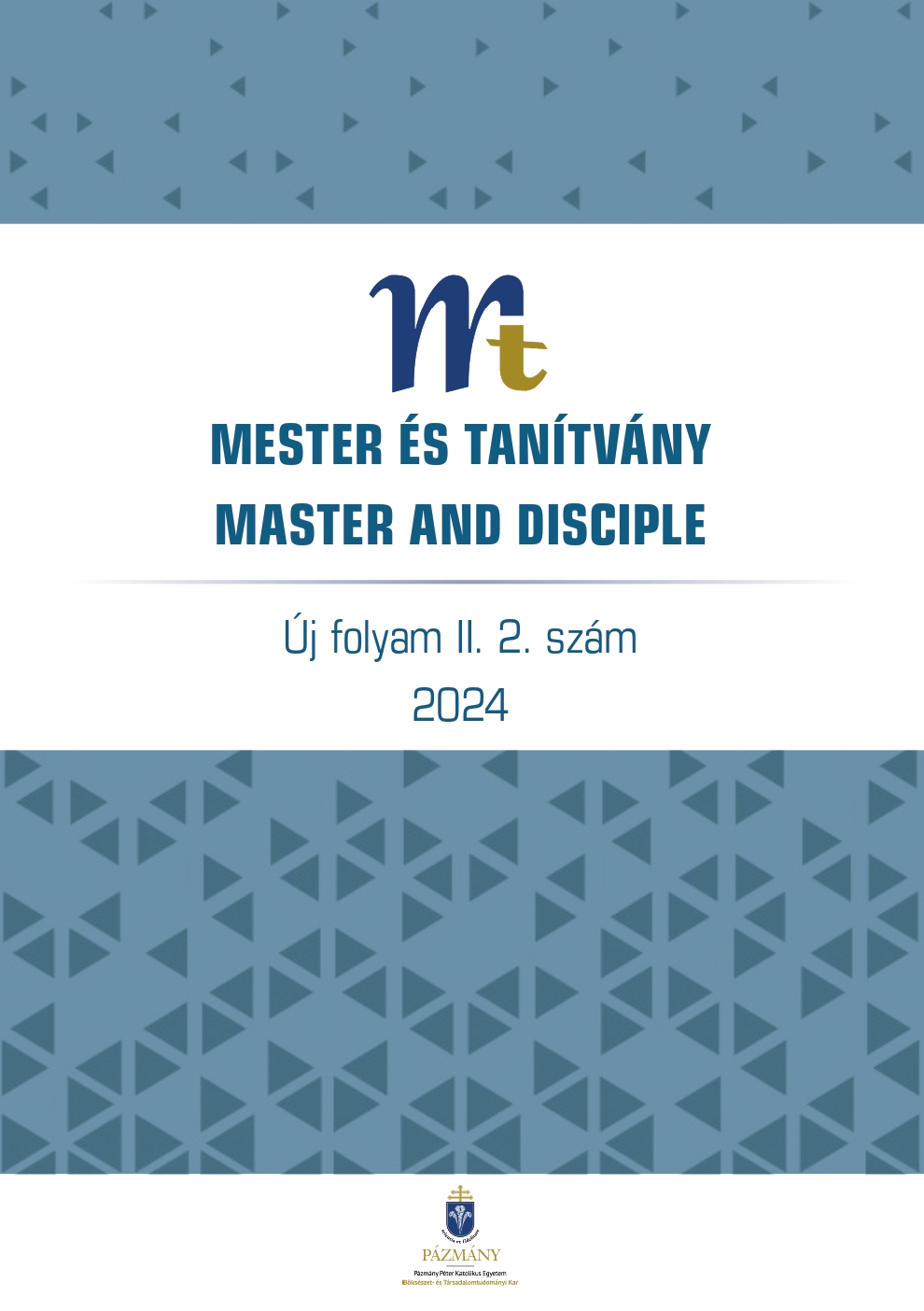Published 07-01-2025
Keywords
- másság,
- különbözőség,
- fogyatékosság,
- sajátos nevelési igény,
- integráció,
- inklúzió
Copyright (c) 2024 Anikó Dr. Mile

This work is licensed under a Creative Commons Attribution 4.0 International License.
Abstract
It is a principle that the state of development of a society is largely determined by the way it treats the downtrodden, the vulnerable, and the marginalised. Attitude, thought and communication are all closely linked. Our thinking determines our communication, but language and communication (especially mass communication) also influence our thinking. This effect and counter-effect can also be felt in relation to the judgement of people who need remedial educational assistance, where the term ‘disability’ itself, or the designation of the population concerned, reflects societal attitudes to people with disabilities (see for example World Day of the Disabled). On the other hand, the efforts of the field and education policy have also had a perceptible influence on social attitudes through the use of legal and specialised terminology (see e.g. special educational needs). Last but not least, we must not forget the specific process whereby the terminology of injuries and impairments accepted and used in a given period becomes increasingly pejorative over time (see e.g. debilis, imbecillis, idiot). The paper invites the reader on a ‘terminological journey’, analysing terminological issues and problems through the analysis of three pairs of concepts: difference and diversity, disability and special educational needs, and integration and inclusion.


